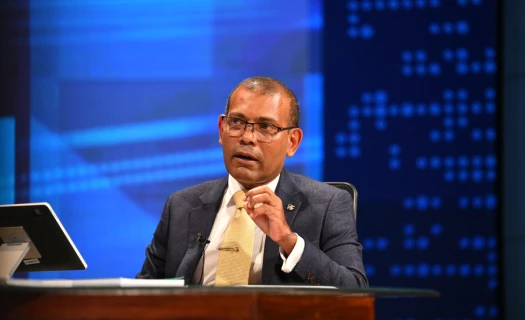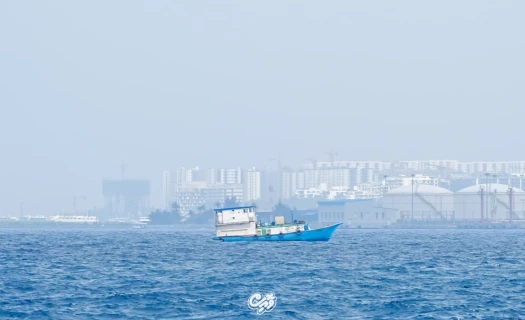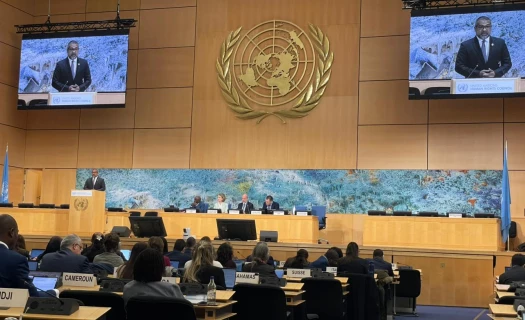India imposes port restrictions on essential imports for Maldives amid increased quotas

The Indian government has recently enforced port restrictions on the export of essential commodities to the Maldives, following an expansion in the quota for certain vital goods.
This decision, outlined in a notification from the Directorate General of Foreign Trade (DGFT), signifies a shift in the export dynamics between the two nations.
Under the new policy, although the quotas for essential goods have been augmented, the export of such commodities to the Maldives will now be exclusively facilitated through four designated customs stations.
These stations include the
- Mundra Sea Port
- Tuticorin Sea Port
- Nhava Sheva Sea Port
- ICD Tughlakabad
as specified by the DGFT notice.
Previously, India had implemented export restrictions on nine commodities, including onion, potato, egg, rice, and sugar.
However, the recent relaxation on April 5, under the 'Neighborhood First' policy, marked a notable shift in export regulations.
Despite historical agreements between India and Maldives allowing for the export of essential goods since 1981, the Maldives received its highest import quota for these items this year.
Moreover, India has augmented the export quota of construction materials to the Maldives by 25%, permitting the export of 1,000 metric tons.
In light of efforts to reduce reliance on India, the Maldivian government has sought alternative partnerships.
Agreements with the Turkish government for the import of rice, flour, sugar, and other essentials have been established.
Additionally, discussions are underway to facilitate Aasandha service in the UAE and Thailand, indicating a strategic diversification in import channels.
The recent regime change in the Maldives has also impacted diplomatic relations with India, notably with discussions surrounding the removal of Indian military presence initiated under the "India Out" campaign.
An agreement has been reached for a phased withdrawal of Indian military forces, with the final phase set to conclude before May 10.
While the implications of these new port restrictions on Maldives' imports remain uncertain, concerns linger regarding potential challenges given the prominence of the Tuticorin Sea Port for Maldivian trade.
As of now, the Maldivian government has yet to issue a formal statement addressing these developments.














